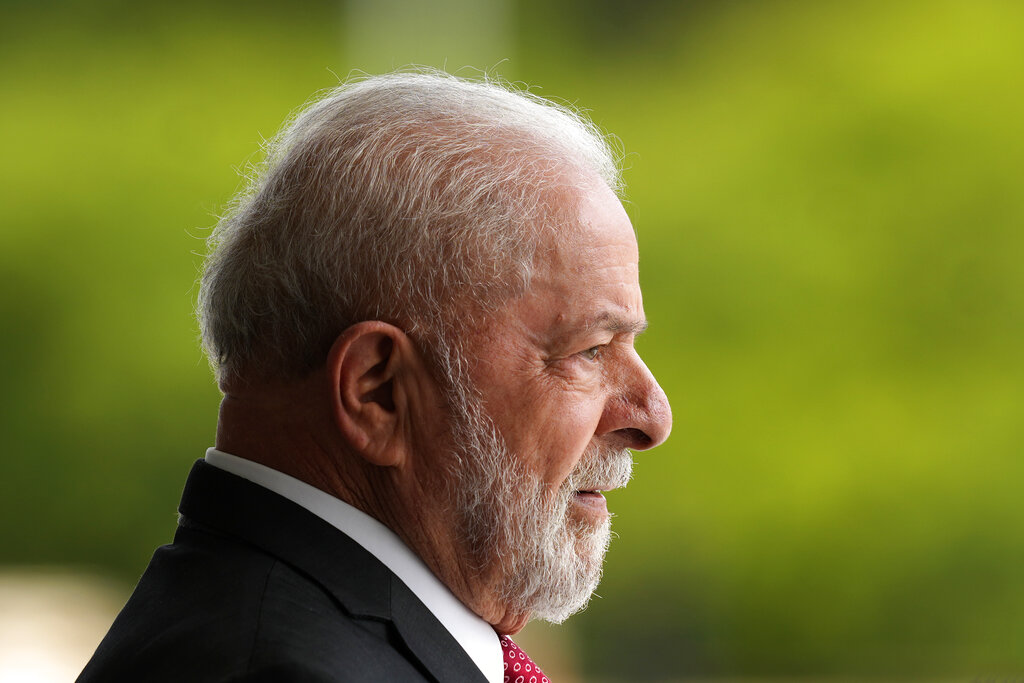President Trump Imposes 50% Tariffs on Brazil Amid National Security Concerns
President Trump has signed executive orders imposing 50% tariffs on Brazil, citing national security threats and human rights violations by the Brazilian government.
Subscribe to unlock this story
We really don't like cutting you off, but you've reached your monthly limit. At just $5/month, subscriptions are how we keep this project going. Start your free 7-day trial today!
Get StartedHave an account? Sign in
Overview
- President Trump signed executive orders imposing 50% tariffs on Brazil, citing national security threats and trade imbalances.
- The tariffs are justified by Trump's administration due to Brazil's policies and the prosecution of former President Jair Bolsonaro.
- Certain goods are excluded from the 50% tariffs, which are part of a broader response to perceived threats from Brazil.
- The U.S. Treasury Department has also imposed sanctions on Brazilian Supreme Court Justice Alexandre de Moraes in connection with these tariffs.
- Trump declared a national emergency under the International Emergency Economic Powers Act, citing actions by Brazil as an 'unusual and extraordinary threat.'
Report issue

Read both sides in 5 minutes each day
Analysis
Center-leaning sources frame this story by immediately questioning the stated economic rationale for the tariffs, highlighting a U.S. trade surplus with Brazil. They draw a direct parallel between Trump and Bolsonaro's past efforts to overturn election results, suggesting a political motivation behind Trump's actions. The coverage connects the tariffs and sanctions to the ongoing criminal case against Bolsonaro.
Articles (4)
Center (1)
FAQ
President Trump declared a national emergency under the International Emergency Economic Powers Act, citing Brazil's actions as an 'unusual and extraordinary threat' to U.S. national security, specifically referencing Brazil's policies, prosecution of former President Jair Bolsonaro, and alleged unfair trade practices affecting U.S. commerce.
Most of Brazil's main exports to the United States are exempt from the newly announced tariffs. While the tariffs generally apply to a broad range of products, key Brazilian exports, including some primary items, remain excluded to mitigate economic impact and maintain certain trade flows.
The tariffs risk straining bilateral ties further, as Brazil may view the U.S. as an unreliable trading partner. This could push Brazil to diversify exports towards other countries like China, potentially increasing Beijing's influence in the region. The tariffs are part of a broader trade conflict involving investigations into Brazil's trade policies and potential retaliations.
The U.S. Treasury Department imposed sanctions on Brazilian Supreme Court Justice Alexandre de Moraes, linking these sanctions to the broader trade and national security concerns prompting the tariffs.
Brazilian President Luiz Inácio Lula da Silva has indicated a willingness to negotiate with the United States to avoid the tariffs but has also prepared to impose countermeasures under Brazil’s Economic Reciprocity Act. The Brazilian government is closely monitoring U.S. actions and considering various responses, including economic retaliation.
History
- This story does not have any previous versions.


